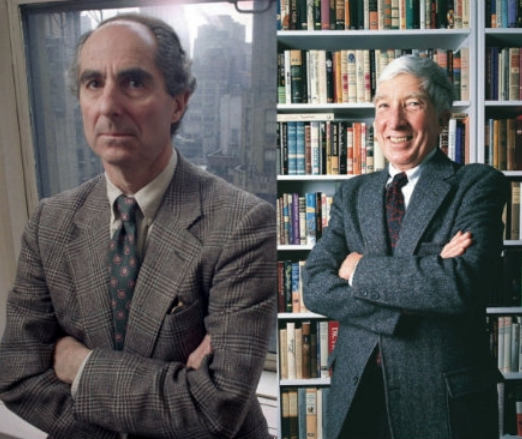 One of the March 10, 2024 letters to The Observer (U.K.), The Guardian‘s Sunday magazine, writes in a letter given the headline “Updike was no monk”:
One of the March 10, 2024 letters to The Observer (U.K.), The Guardian‘s Sunday magazine, writes in a letter given the headline “Updike was no monk”:
“Tomiwa Owolade writes persuasively about the rewards of ritual in a simple life, but he might want to think again about describing John Updike as a “happy monk” (“Make coffee. Shower. Clean the loo. In an age of choice, rituals are the key to happiness”).
The great writer was serially unfaithful, seeking comfort in religious faith and sexual adventure. As Updike explained it: ‘If you have a secret, submerged, second life, you have somehow transcended or outwitted the confines of a single life.’ That’s one way of excusing infidelity.”
Suzy Powling
Leiston, Suffolk


